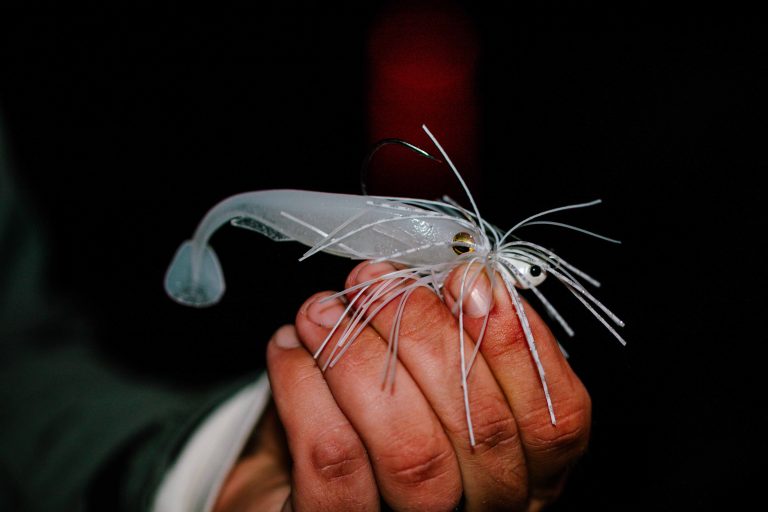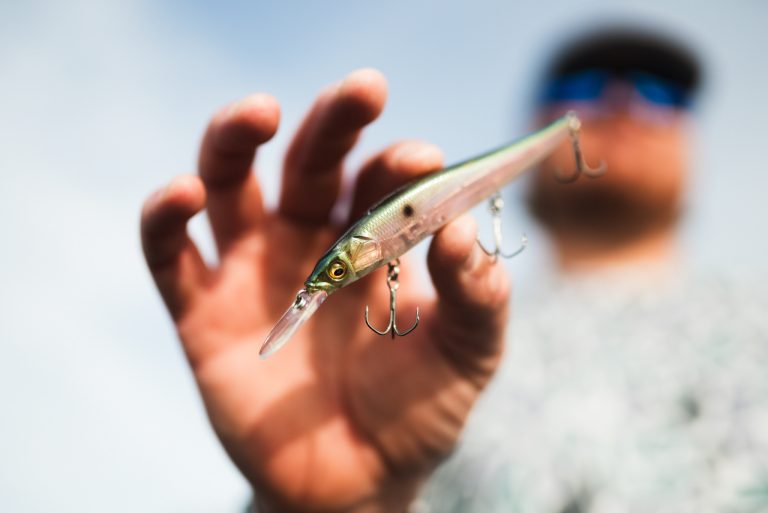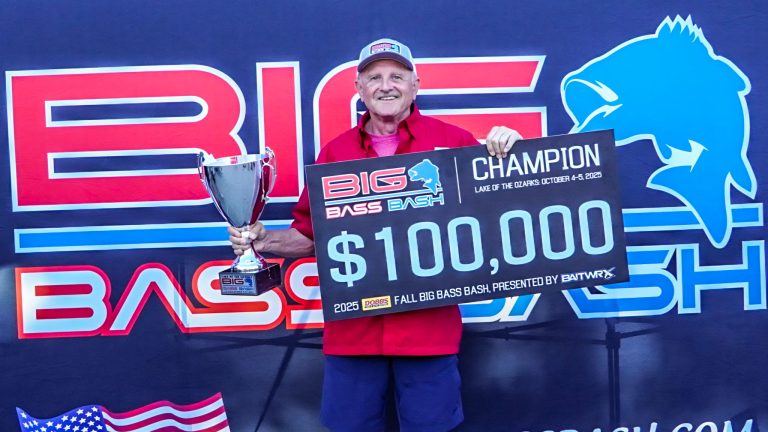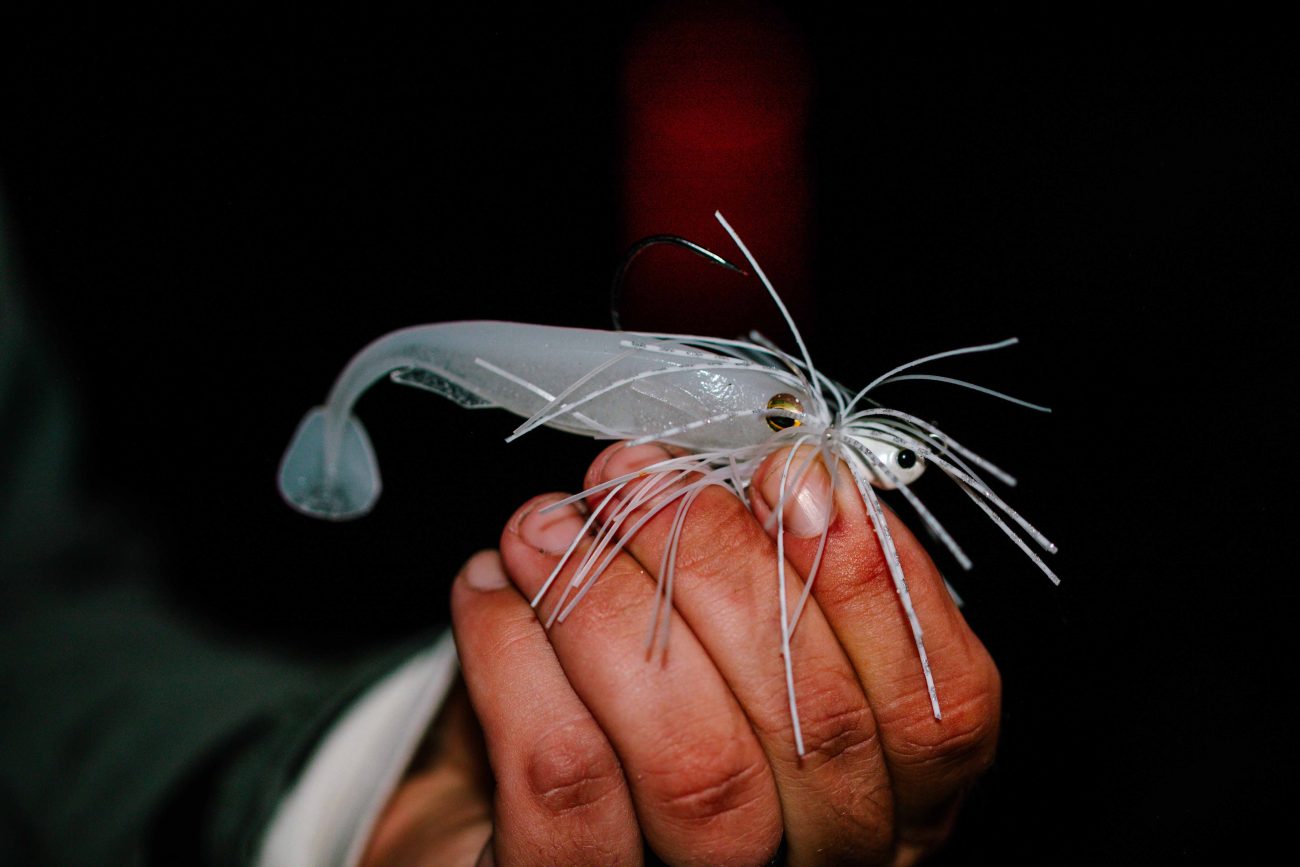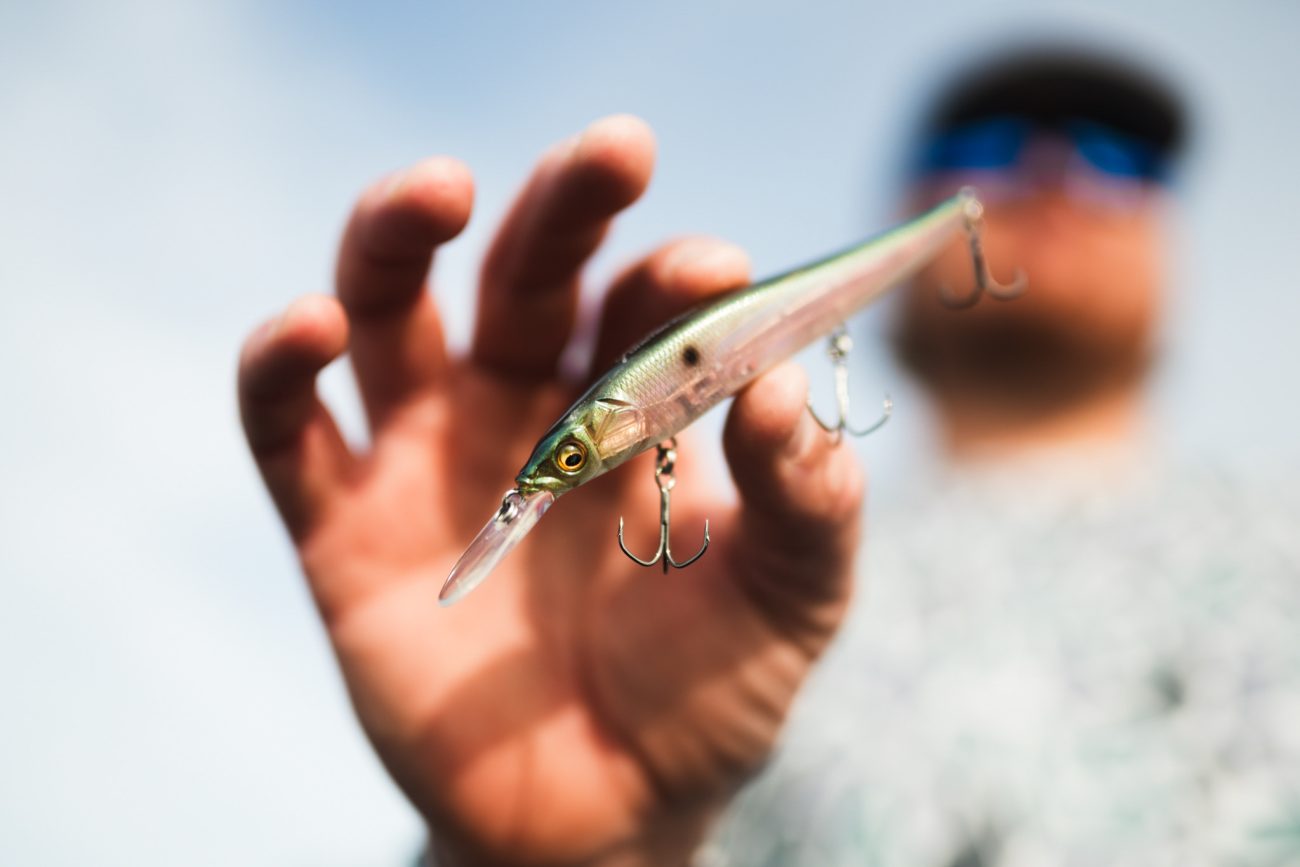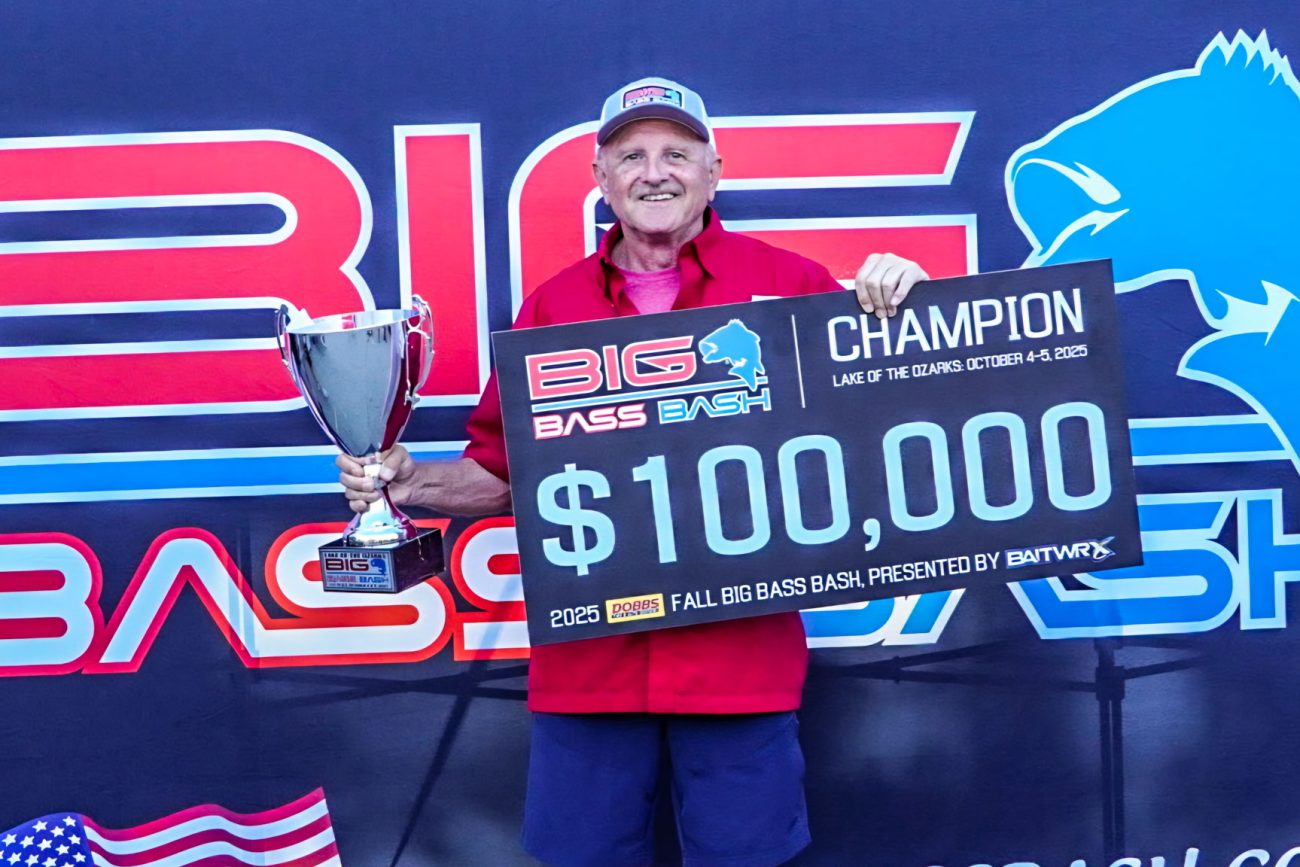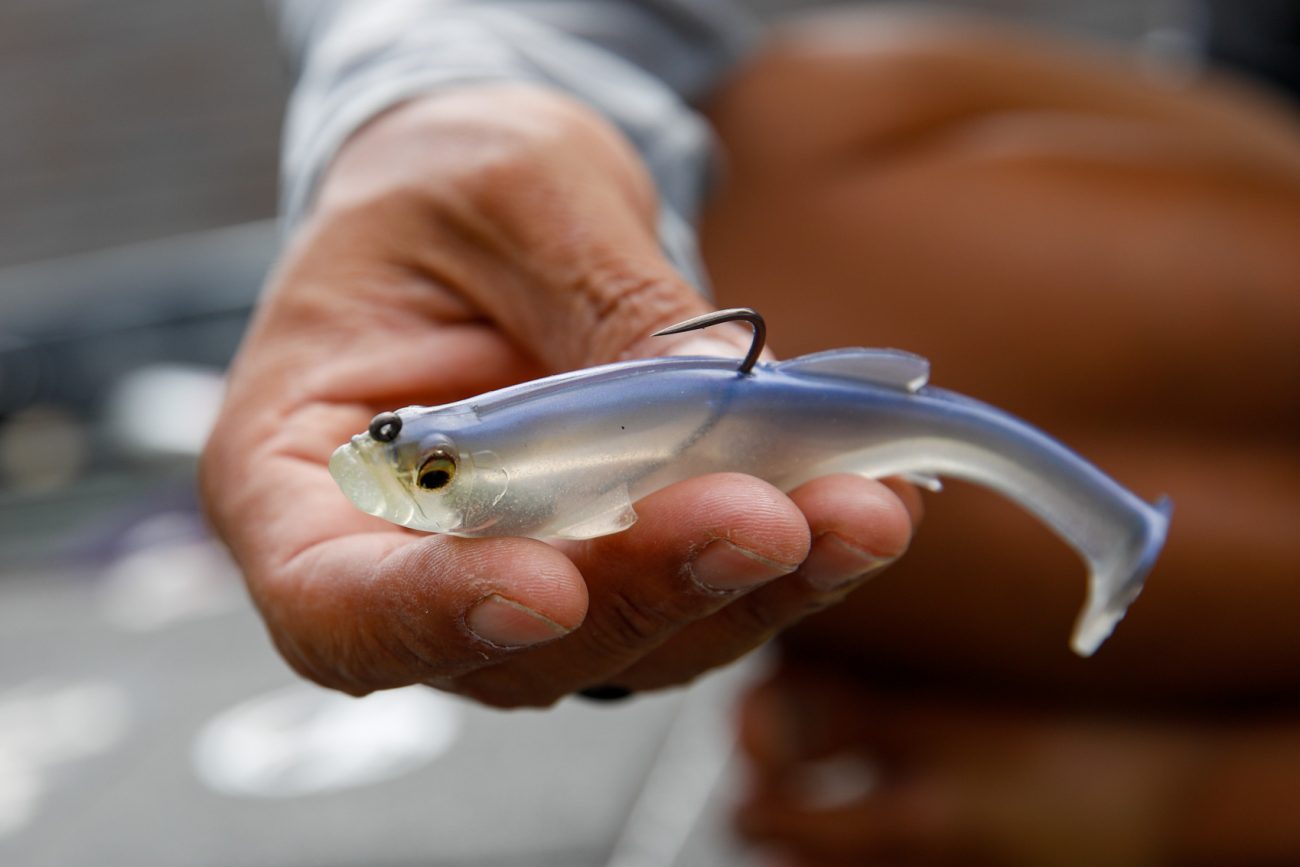Brandon Palaniuk received the nickname “The Prodigy” relatively early in his career. It fit his youth, his meteoric rise, and his Roy Hobbs like ascendance from the bass fishing backwaters of Idaho – but it didn’t tell the whole story. Indeed, while it’s quite evident that he is supremely gifted, fishing fans should never forget that his unrelenting work ethic is the primary reason for his two Angler of the Year titles.
There’s also the matter of his influences. He refused to feed at the trough of a single information source, instead seeking out help from more experienced anglers, reading Bassmaster and other publications, and learning from the exploits of pros on the then-nascent Elite Series.
“Having that blend was what helped,” he said. “It was all of the above, and a lot of my success came not just from fishing day in and day out, but also being able to blend those styles.” Even his tendency to be an early adopter and connoisseur of premium tackle and novel techniques came from those days. In particular, he was fortunate to meet a young angler named Jeremy Tripp who mentored him relentlessly.
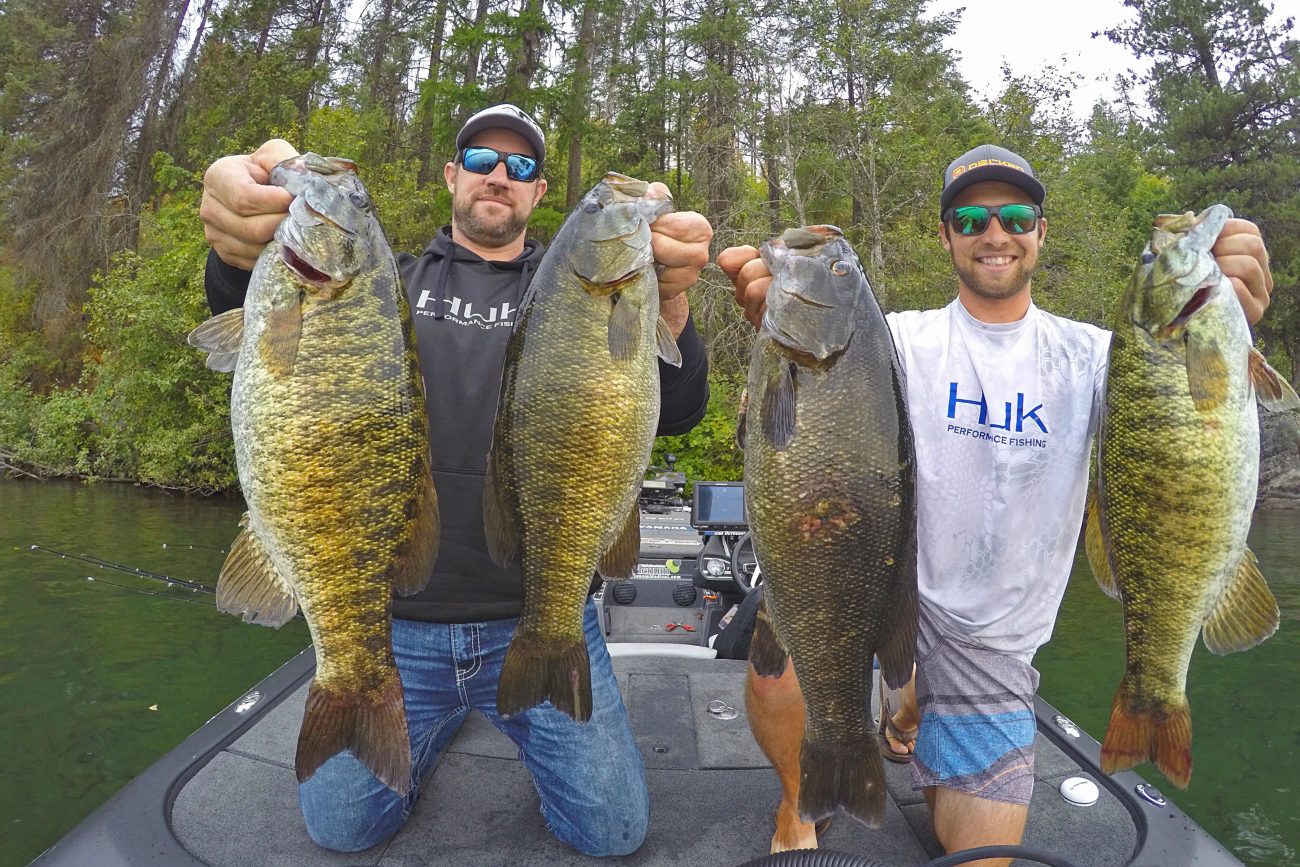
“He married one of my mom’s best friends,” Palaniuk recalled. “My mom was single, raising me and my sister. We didn’t have a lot, but she was doing whatever she could to get by, but she could see the spark in me from early, early on.” He’s not sure how she convinced Tripp, an electrician, to take 8 year old Palaniuk fishing, but somehow made it happen. “There’s not a lot of young 20 year olds taking random 8 year olds fishing. I didn’t think much of it at the time, but as I’ve gotten older it made an impression on me. To do it once as a favor was nice, but he continued to take me. I’ve never really asked him about it, but I’m assuming he saw the same drive and spark. We ended up living with them for a while, and while he was at work, I’d get home from school and clean his boat or organize his tackle. I didn’t care what it was, I just wanted to be around fishing.”
Tripp also introduced him to high-end gear, like the Megabass Griffon. Palaniuk said that at the time he knew how special it was, calling it mind-blowing to conceive that he’d ever be able to spend $20 or more on a single lure. “That was the candy on the top shelf, the stuff you couldn’t reach.”
Through Tripp, Palaniuk became immersed in Bassmaster Casting Kids, and later the Federation (now B.A.S.S. Nation), which was ultimately the two-time Elite Series Angler of the Year’s entry point to the Elites. Most importantly, Tripp immersed him into the game, kept him outfitted with gear, and kept him on the right path, teaching him about seasonal patterns and the hard work it would take to make it. As they traveled to northwestern team trail events, Tripp would sleep in the back seat of the truck while Palaniuk knelt on the floorboards and rest his head on the backseat. After blastoff, he’d fish from the bank while waiting for the teams to check in.
“I thought it was the coolest thing ever,” he recalled.
He felt the same way about the tackle he got. It wasn’t a $20 crankbait or a custom-made glider, but he’d clean out his boat and garage and find endless bags with one or two worms left and pass them off to the kid, who felt as if he’d been given a Golden Ticket.
“I couldn’t even afford to pay for fuel,” Palaniuk said. “But what he really gave me was not just the fishing tackle, but also a lot of information about life through traveling to those tournaments. We’d constantly have conversations about a lot of different things. We’re all a product of our environment. When we’re born, we don’t know what life is supposed to be like. I am the way I am because of those ties and he was a big part of that.”
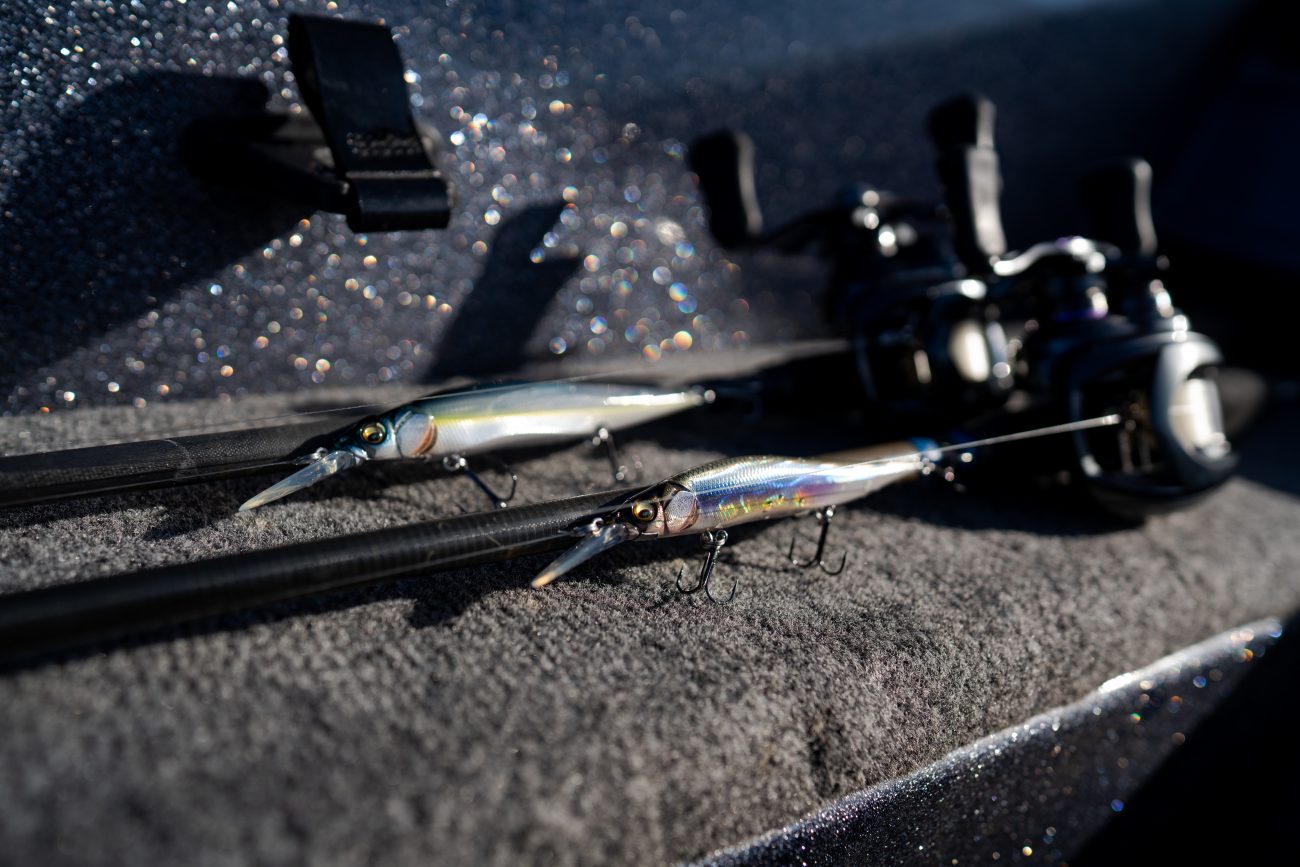
Even today, the six-time Bassmaster winner relies on one of Tripp’s mantras: “They’re going to be where you find ‘em.”
“It sounds so simple,” Palaniuk explained. But from a practice and tournament standpoint it’s critical not to have preconceived notions. You have to fish the moment, fish the conditions, and not write anything off. From a life standpoint, his influence allowed me to be a dreamer. He didn’t have much when I first met him, but now he owns his own business. He’s done very well for himself.”
In addition to the people who entered his life, Palaniuk sees a blessing in the fact that he was about as far away from the Bass Belt as you can be and still be in the continental United States. His location in Idaho, rather than being a hindrance because of its distance from the national scene, reinforced his identity as a versatile angler. Because of the substantial mountain snowmelt, the lake got flooded and dirty in the spring, with an extended pre-spawn period, but as things leveled off the changes were substantial.
“We went from 6 inches of visibility at times in the spring to 25 feet in the fall,” he recalled.
He also remained open to applying techniques from other regions to his home waters. For example, he recalled reading about how Texas anglers flipped offshore grass “scrapes” with heavy weights. He’d only flipped the bank to that point, but found a way to apply it in Idaho, and won a BASS Nation qualifier that way.
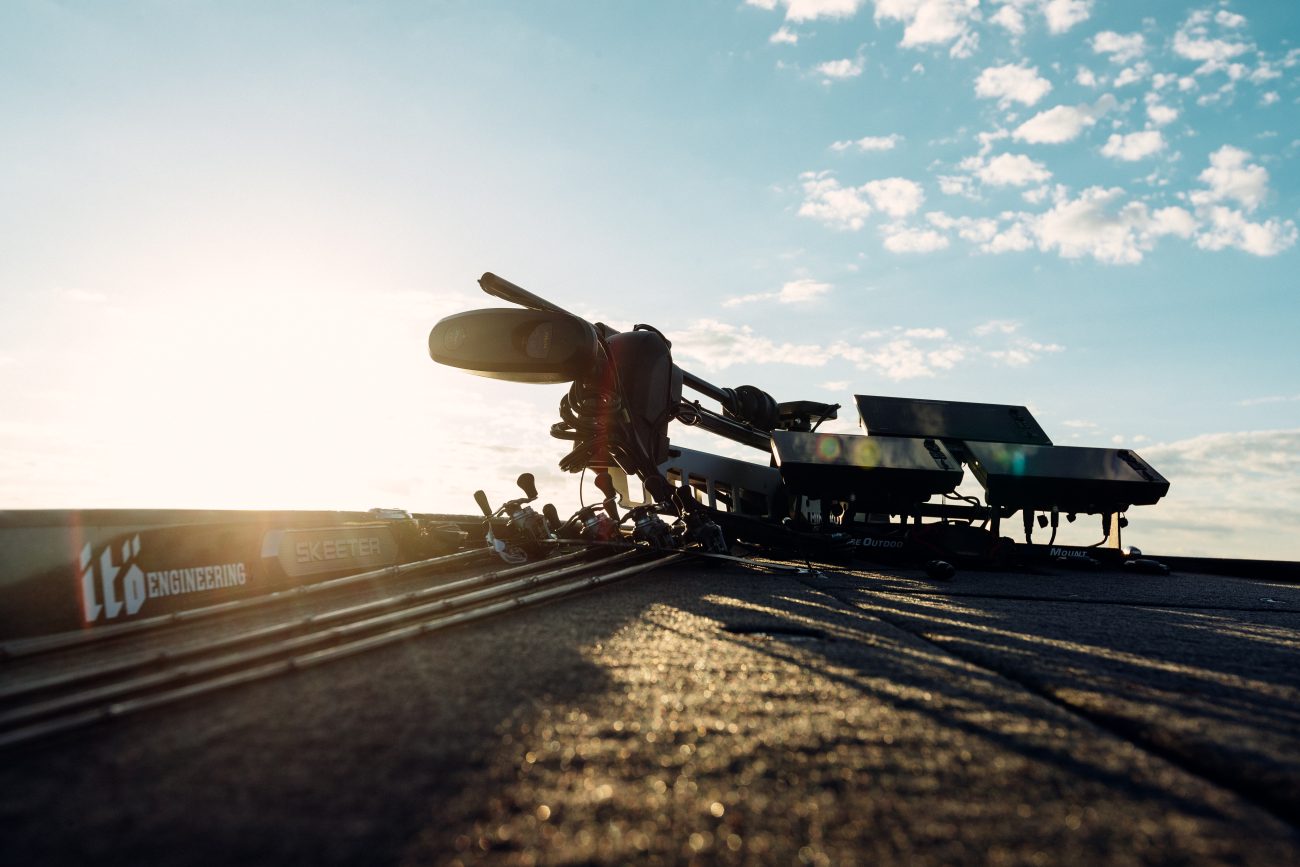
“At the local level, it’s so easy to fall into old habits, and that’ll stunt your growth as an angler. When you fish the same events – the same places at the same times – year after year, it’s easy to just fall back on the same old techniques. You have to resist that if you want to improve.”
He’s continued to believe that as he’s ascended to the sport’s top handful of anglers, and especially as the information super-highway has increasingly leveled the field.
“At the Elite level, if you want to get ahead of the curve, you either have to be the first and only one to have it, or you have to almost reinvent something,” he said. “I feel like I’ve been super-active in bringing Humminbird’s 360 technology to the forefront and that has helped me gain and edge at times.”
There’s also the matter of swallowing his pride. Even as he’s effectively become one of the tour’s elders, with six wins and two AOY’s to his credit, he still looks to spend as much time in the boat with his fellow pros as possible. He has a close cadre of trusted resources with whom he “bounces ideas off” both on the water and off.
Finally, his willingness to explore fishing resources and influences does not stop at America’s borders. As with those early Megabass experiences and exposures, he continues to reap substantial benefits by being keenly attuned to what is going on in Japan. “A lot of what you see from over there is born out of necessity,” he explained. “Many of their lakes are so heavily pressured that guys have to think outside the box to create ways to get a bite. The eventually leaks over.” He aims to be on the first levels of receiving those leaks.
Indeed, it was a big part of his decision to partner with Megabass: “Yuki Ito’s ability to look at a problem and try to solve it with engineering.” In Ito, and the product lineup, the Prodigy has found a kindred spirit, one focused on producing high-end product and not shutting down any potential sources of information or advantages.
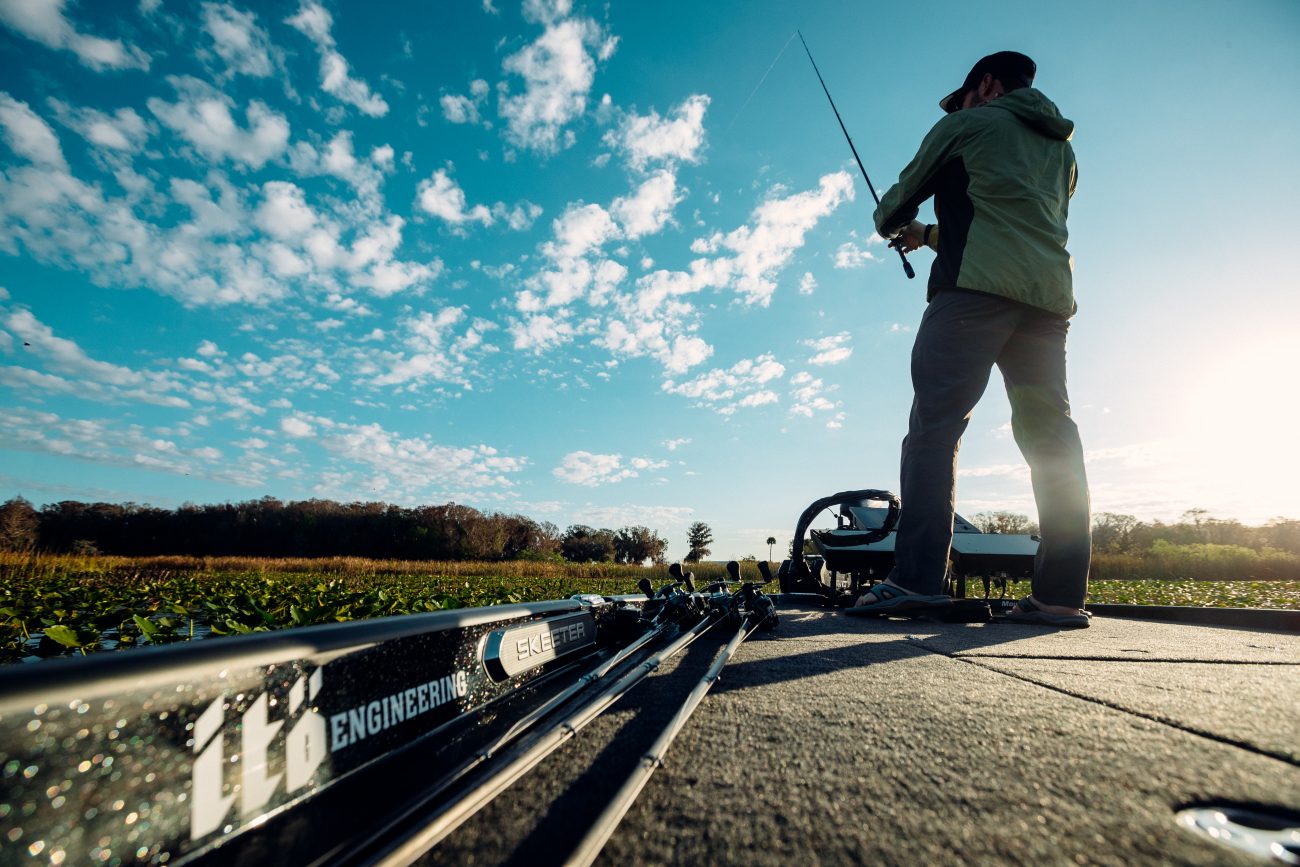
The drive may have preexisted the mentoring relationship with Tripp, but that semi-random encounter has encouraged him to be a good steward of the sport. He consistently remains at Elite Series venues, even when he fails to make a cut, in order to congratulate the eventual winner. He serves on the Board of Directors of the Bass Fishing Hall of Fame. Perhaps just as importantly, he intrinsically understands the impact that a single adult can have on a young angler – whether that youth is an aspiring pro or just a kid who needs direction.
“When I was home a lot I tried to take a lot of younger kids out, even when I was 18, 19 or 20,” he said. “I knew that I could help them by giving them the same opportunities that I’d had. Now, since I’m gone so much I can’t always do that, but I do my best to respond to all of them. They ask, ‘How do I get to where you are?’ I tell them there is no direct line – that if you do this, this and this, you’ll make it. Instead, like Jeremy did, I try to help them make the right decisions.”

